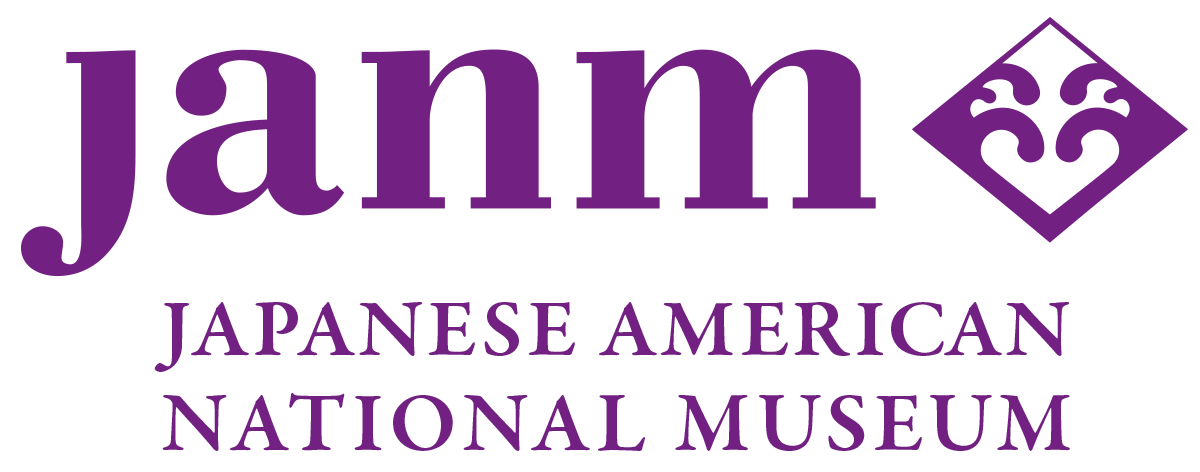即日発表 - 2009年02月13日
プレス連絡先:
Chris Komai - ckomai@janm.org - 213-830-5648

2009 DAY OF REMEMBRANCE, ‘FORGING ALLIANCES', SET FOR FEB. 21
Program to Connect Nikkei Immigration Experience to Current Issues
The organizing committee for the 2009 Day of Remembrance program, set for Saturday, February 21, beginning at 2 p.m. at the Japanese American National Museum, announced that the theme for this year’s program will be, "Forging Alliances: Connecting Nikkei to Current Immigration". The keynote speaker will be Professor Roger Daniels, a nationally-recognized scholar in the area of immigration and the Japanese American World War II experience.
The Day of Remembrance commemorates the signing of Executive Order 9066 by President Roosevelt on February 19, 1942, which led to the unconstitutional forced removal of thousands of Americans of Japanese ancestry from their homes on the West Coast and parts of Hawai`i by the U.S. government. A grassroots movement to petition the government for an official apology and reparations sprang up in the 1970s and events like Day of Remembrance, organized in Japanese American communities throughout the country, sparked the successful redress campaign that culminated with the signing of the Civil Liberties Act of 1988.
The organizing committee, composed of representatives from Nikkei for Civil Rights & Redress (NCRR), the Pacific Southwest District of the Japanese American Citizens League (JACL PSW), the National Museum and other interested individuals, is seeking to link the historical experiences of the Issei, the pioneering generation of Japanese immigrants who established the Japanese American community over a century ago, to current immigration issues at this year’s event.
The Issei faced overt discrimination when they arrived in America, unfairly excluded from becoming naturalized citizens, owning land, living wherever they could afford, or even utilizing certain public facilities. This history of prejudice set the stage for the massive violation of civil rights by the government against the Japanese American community when World War II began in 1941. Over 120,000 Americans of Japanese ancestry were falsely incarcerated by the government, many in domestic concentration camps, without charge and without trial.
As with the Issei, many new immigrants are branded as unwilling or unable to assimilate into American culture, to learn English, and to follow U.S. law. According to scholar Greg Robinson, Franklin Roosevelt believed that Japanese immigrants and their American-born children were inherently loyal to Japan and would not assimilate into American culture. Robinson observed that this is why Roosevelt had no qualms about incarcerating the Nisei, who were citizens by birth. In fact, the FBI reported no acts of espionage among the Japanese American community during the war, and when the law was changed in the 1950s to allow Asian immigrants to become naturalized citizens, thousand of Issei proudly did so.
Distinguished scholar Dr. Roger Daniels will provide an overview of the early Japanese American experience and the many obstacles they faced. Dr. Daniels is the Charles Phelps Taft Professor Emeritus of History at the University of Cincinnati. He served as consultant to the Presidential Commission on the Wartime Relocation and Internment of Civilians (CWRIC) and is a planning committee member for the immigration museum on Ellis Island. His recent works include Not Like Us: Immigration and Minorities in America, 1890-1924 (1997); an expanded edition of Coming to America: A History of Immigration and Ethnicity in American Life (2002); Guarding the Golden Door: American Immigration Policy and Immigrants (2004); and an expanded edition of Prisoners Without Trial: Japanese Americans in World War II (2004).
Today, immigration policy and the experience of immigrants reflect the complexities of a global economy impacting Americans of all generations. To help make connections between the immigration experience of Japanese Americans and that of current day immigrants from various countries, the program will highlight personal stories of several Issei. Presentations featuring first-person accounts of contemporary immigrants and their families will bring out the perspectives, both common and different, of immigrants in search of the American dream.
The Day of Remembrance program is free and open to the public. However, space is limited. For more information, contact NCRR at (213) 680-3484; JACL PSW at (213) 626-4471; or the Japanese American National Museum at (213) 625-0414.
